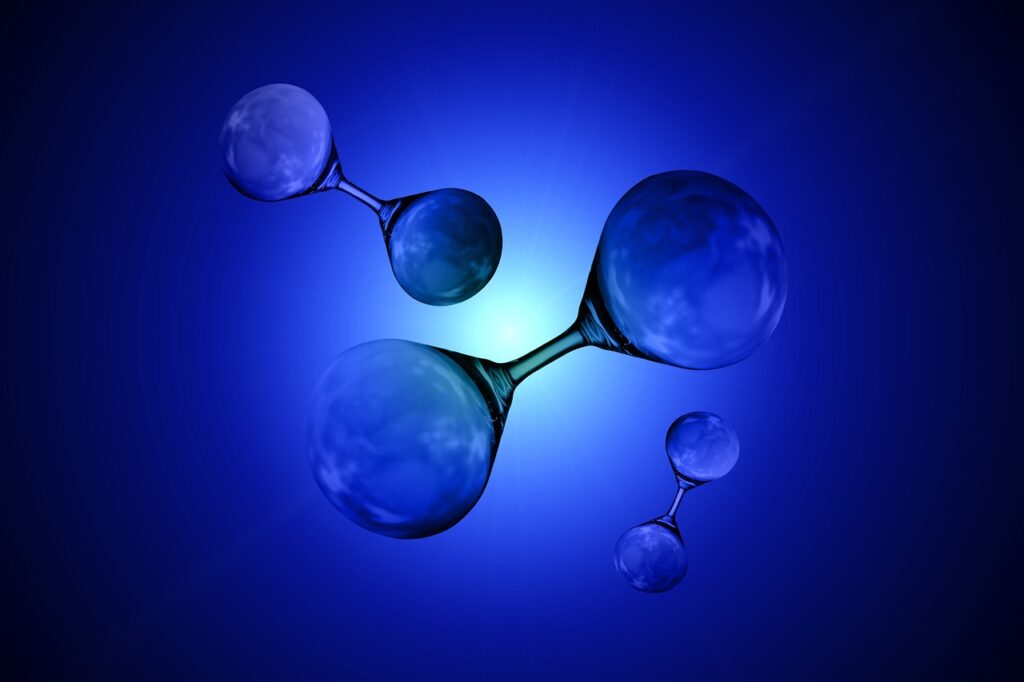Japanese shipping giant MOL (Mitsui O.S.K. Lines) is collaborating with Woodside, HD KSOE, and Hyundai Glovis to explore the feasibility of bulk marine transportation of liquid hydrogen.
This initiative, initiated in 2022, aims to revolutionize the shipping industry by establishing a viable supply chain for transporting hydrogen, a key element in the transition to cleaner energy sources.
The signing of a non-binding memorandum of understanding (MoU) signifies a significant step forward in the collective effort to study the technology, safety, construction, operation, and economics of a liquefied hydrogen carrier with an 80,000 m3 tank capacity. The ultimate goal is to develop a robust liquefied hydrogen supply chain, initially targeting the Asian market with potential expansion to other regions.
If the project materializes as envisioned, the parties involved aspire to have the vessel operational by 2030. The liquefied hydrogen carrier, designed to utilize hydrogen as its primary fuel source, promises to substantially reduce CO2 emissions during its operation, aligning with global efforts to combat climate change and promote sustainable shipping practices.
Liquefied hydrogen, while non-toxic and suitable for safe transportation, presents unique challenges due to its requirement for ultra-low temperatures (-253°C). Overcoming this hurdle demands cutting-edge technology and expertise, drawing upon MOL’s extensive experience in transporting liquefied natural gas (LNG) and its commitment to decarbonization.
Woodside, HD KSOE, and Hyundai Glovis, recognizing MOL’s proficiency in maritime logistics and decarbonization initiatives, have joined forces to leverage each other’s strengths in this ambitious endeavor. Woodside will oversee hydrogen production and storage, HD KSOE will undertake vessel design and construction, while Hyundai Glovis and MOL will provide operational insights to optimize vessel performance and efficiency.
